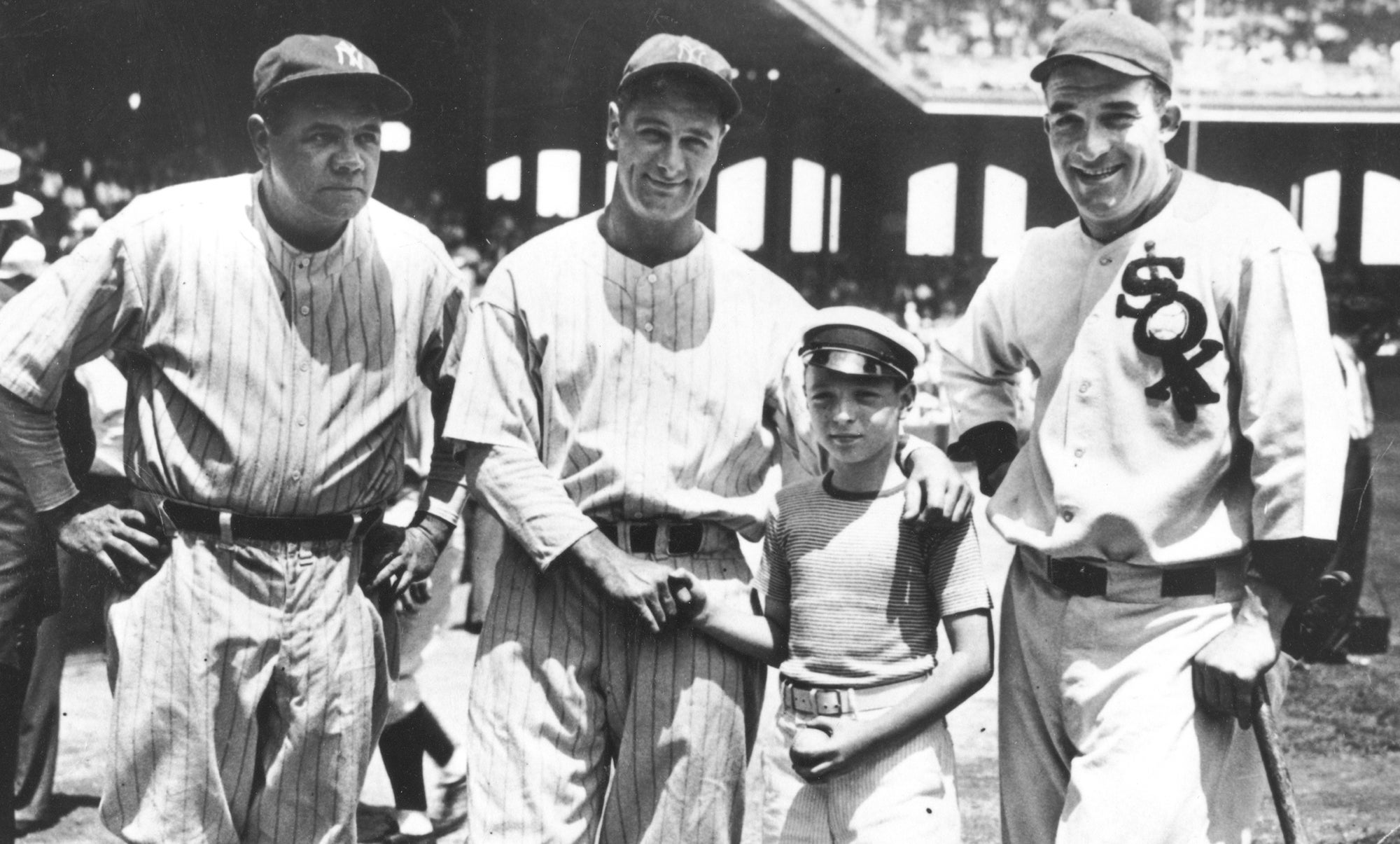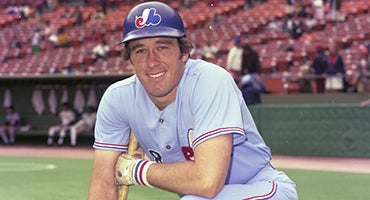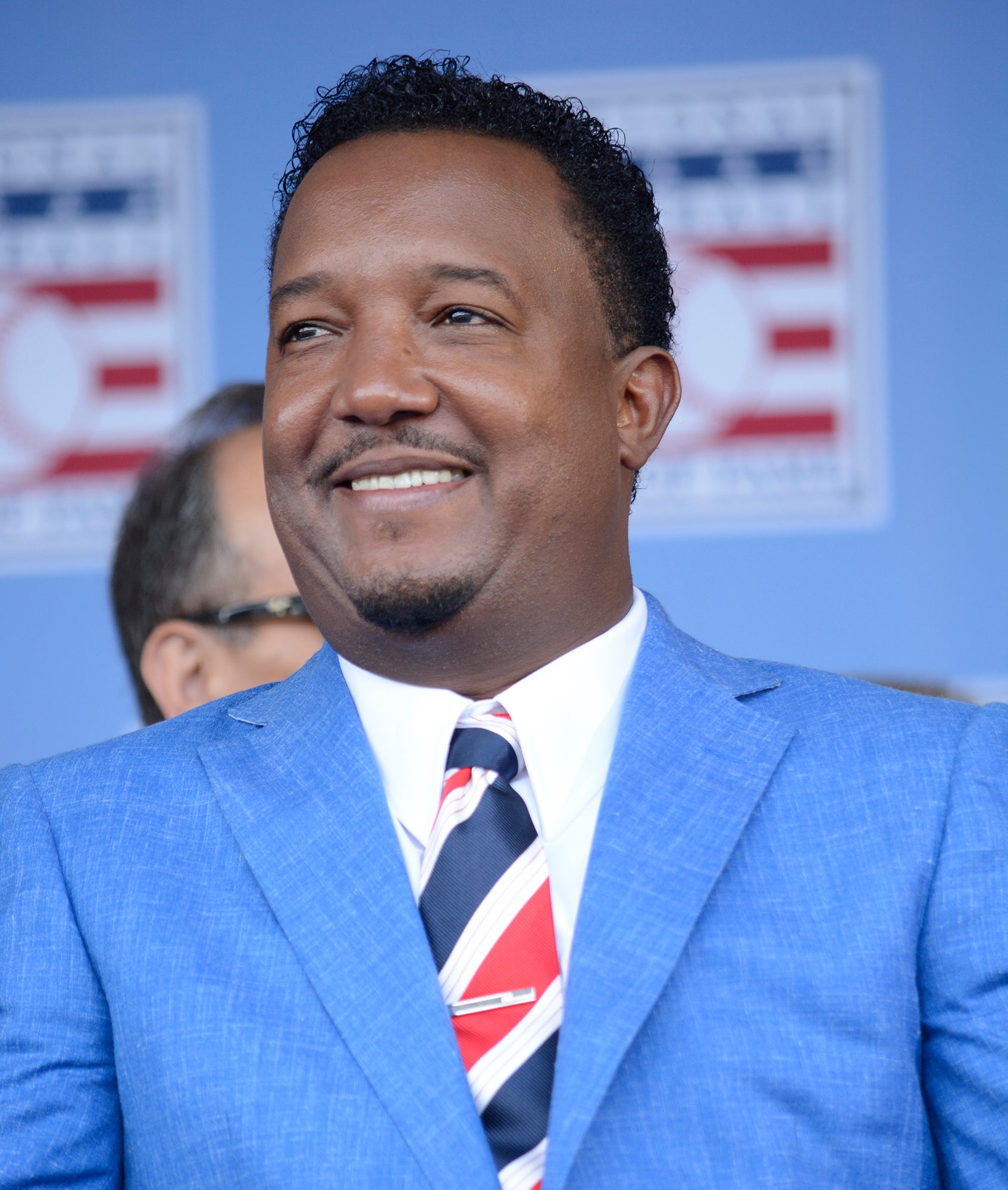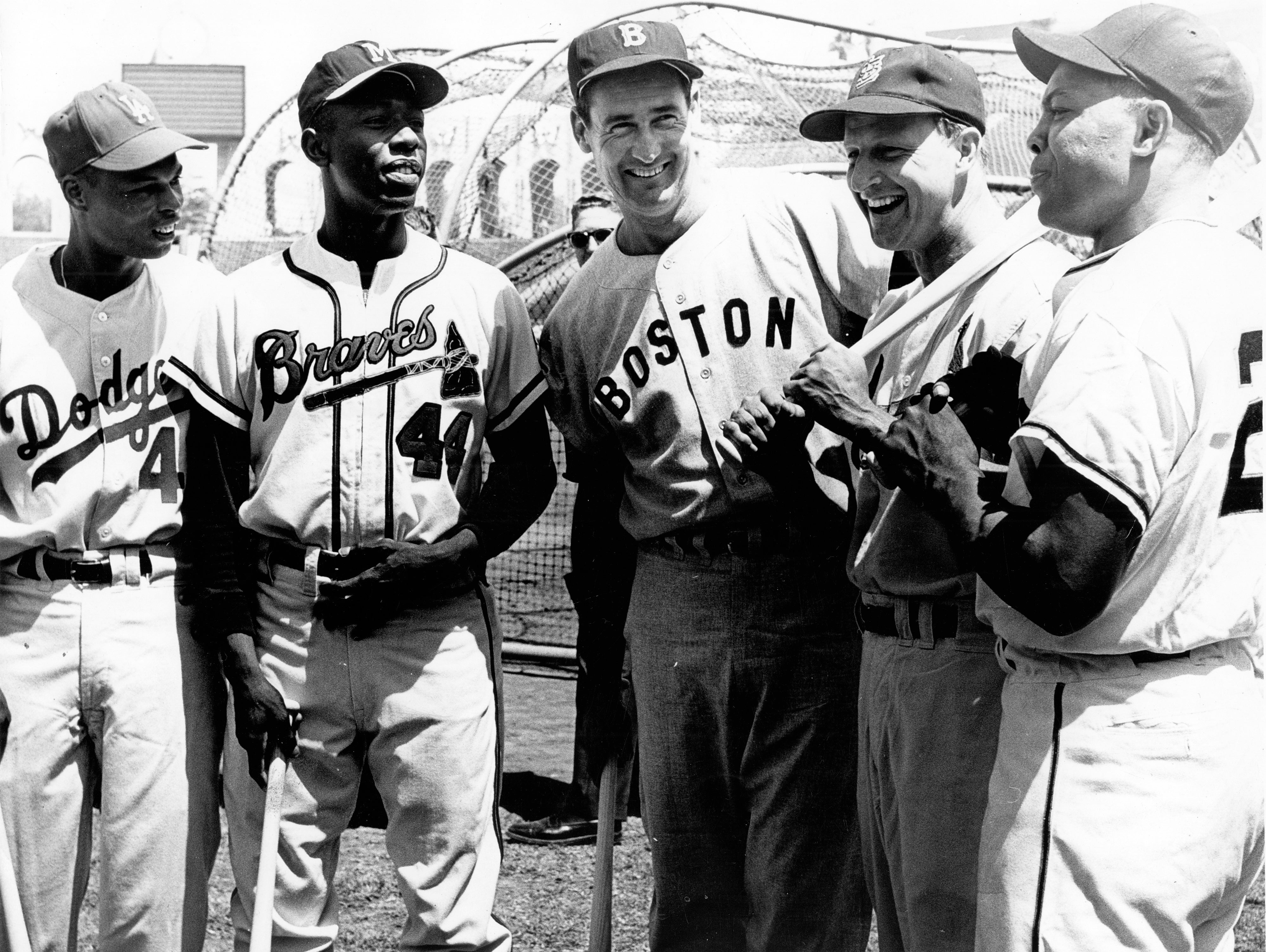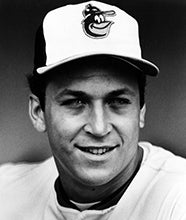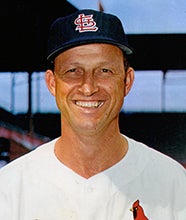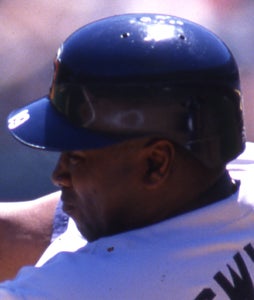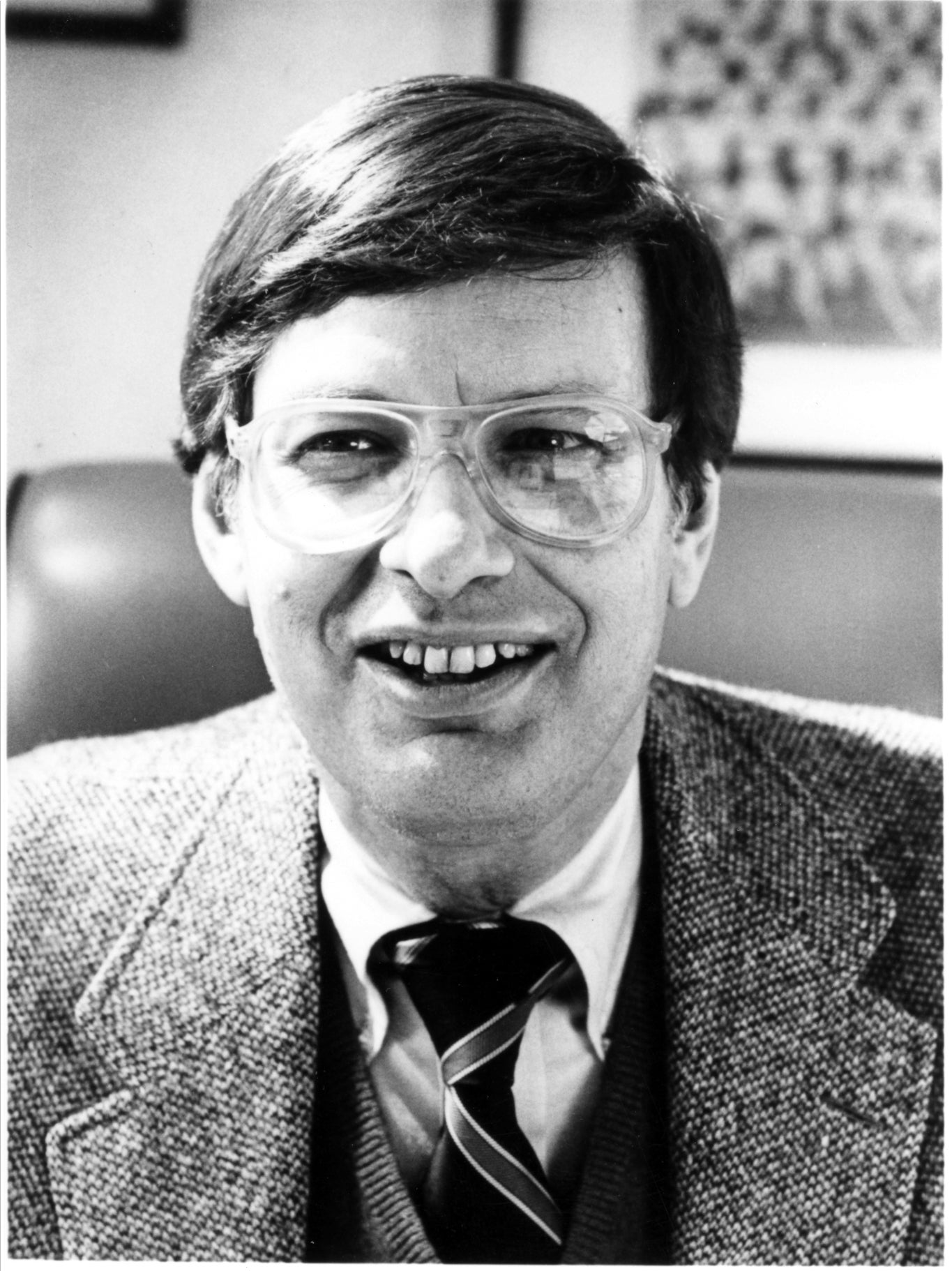- Home
- Our Stories
- Ripken celebrated at 2001 All-Star Game
Ripken celebrated at 2001 All-Star Game
The MLB All-Star Game showcases the league’s best and brightest athletes. In his 19th and final All-Star Game, Cal Ripken Jr. solidified his spot amongst baseball legends.
On July 10, 2001, in front of a sellout crowd of 47,364 fans at Safeco Field in Seattle, Ripken took the field for his last All-Star Game. During the first pitch of his first at-bat, he swung and hit a 400-foot home run that eventually earned him his second All-Star MVP.
With his homer, Ripken displaced Stan Musial as the oldest player to hit a home run in an All-Star Game – and at the close of the game became the oldest All-Star MVP at age 40.
“He stepped up and did something magical the way he has done his whole career,” said Arizona outfielder Luis Gonzalez to the Associated Press. “He is an ambassador to the game of baseball and to the fans and to the players.”
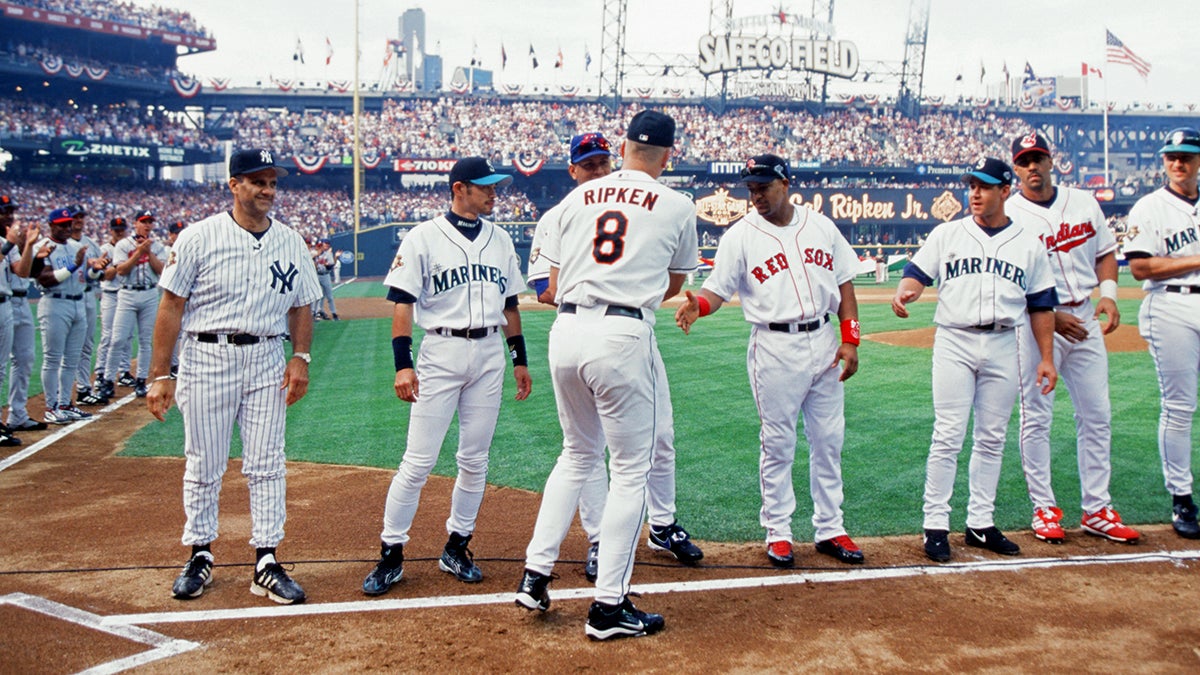
The game served as a trip down memory lane for Ripken. Just before the start of the game, Álex Rodríguez told Ripken to switch from third base to shortstop, an idea he cleared with American League manager Joe Torre the week before. Ripken was reluctant at first but made the switch to shortstop – the position he played in his first 14 All-Star Games.
The American League’s 4-1 victory over the National League was the AL’s fifth straight All-Star win and marked the first time an AL player totaled multiple All-Star MVP awards.
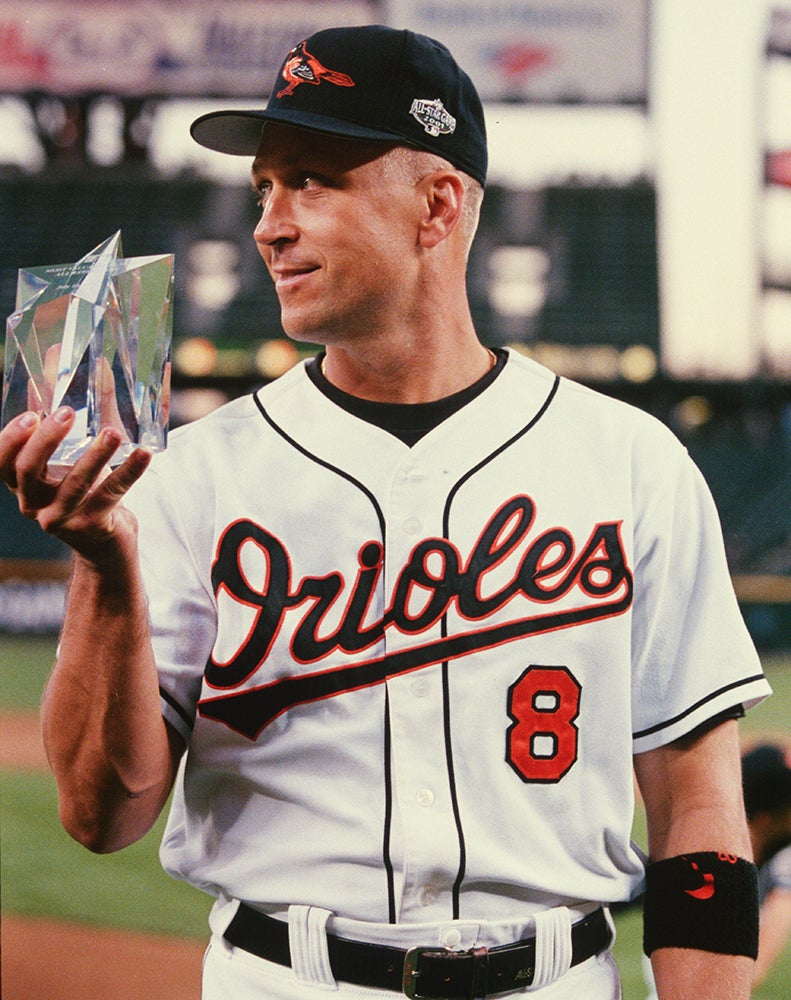
“It’s been a whirlwind,” Ripken told the Baltimore Sun. “It’s been a great atmosphere, a great climate. I always thought the All-Star Game was a special time to celebrate baseball. It meant something special for our family to sit around and watch it on TV. This one I think maybe I came in with my eyes wider looking to take advantage of everything.”
There was a six-minute ceremony before the sixth inning where Ripken and San Diego Padres right fielder Tony Gwynn were honored by Commissioner Bud Selig. The pair would both retire after the 2001 season and later reunite in Cooperstown during their Hall of Fame Induction in 2007.
“It’s been a great run,” Ripken told fans at the curtain call.
Ripken spent his entire 21-year career with the Orioles, winning the AL Rookie of the Year Award in 1982, Gold Glove Awards in 1991 and 1992 and the AL MVP on the way to a World Series title in 1983. Nicknamed the Iron Man, Ripken surpassed Lou Gehrig’s consecutive game record on Sept. 6, 1995, and remains the player with the longest stretch of consecutive games played by anyone in MLB history with 2,632 games. The Maryland native retired with 3,184 hits, 603 doubles, 431 home runs and 19 All-Star Game selections.
Emma Harby is the 2024 public relations intern in the Frank and Peggy Steele Internship Program for Leadership Development

